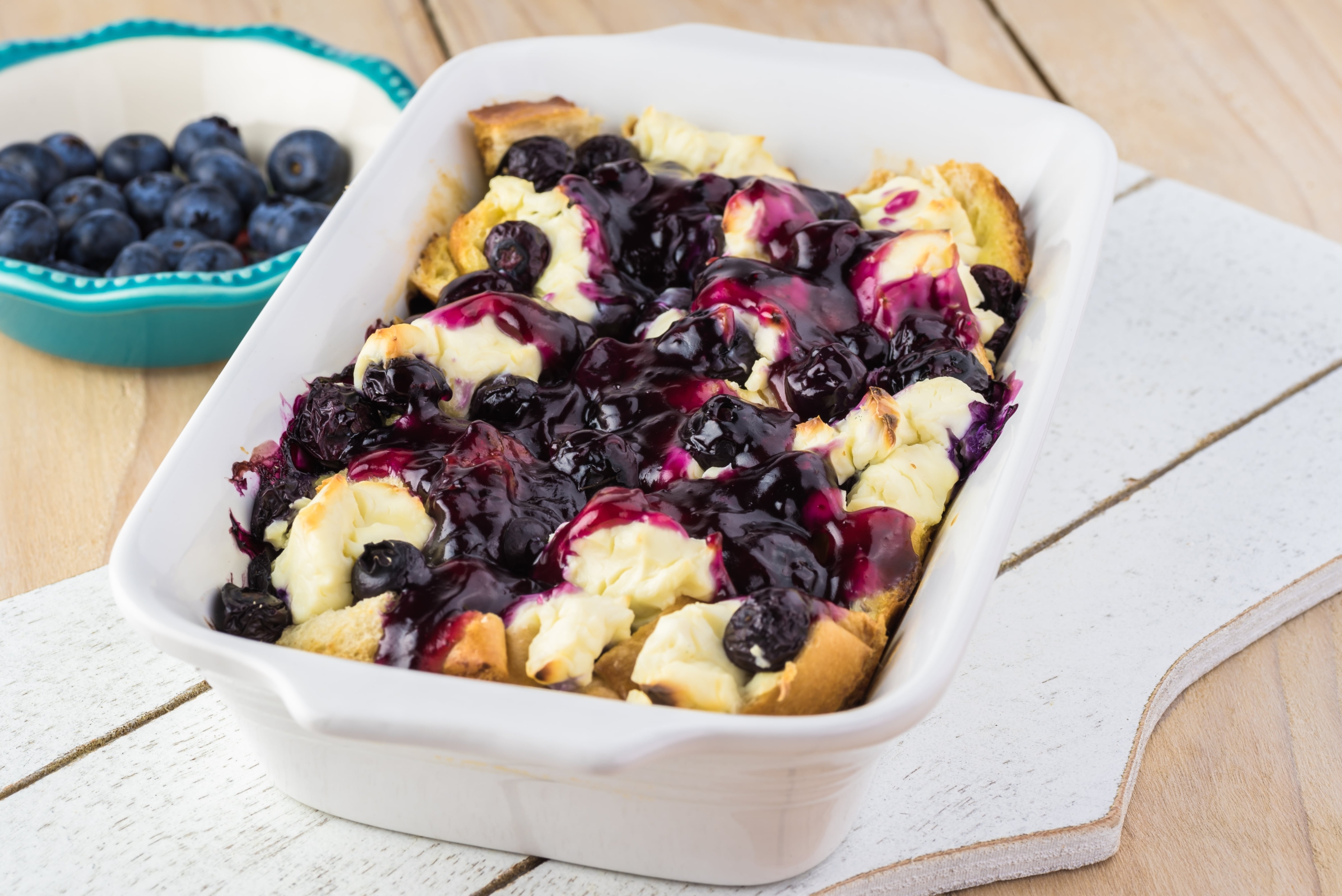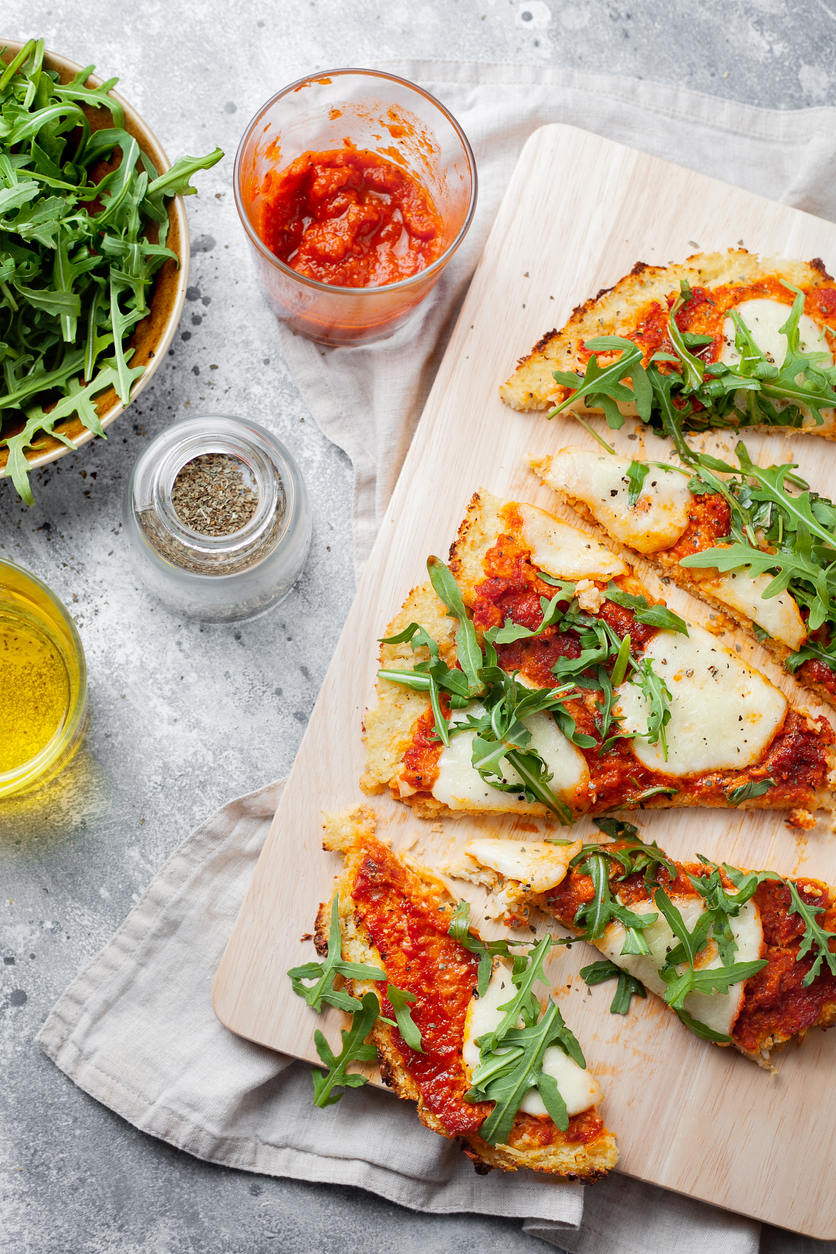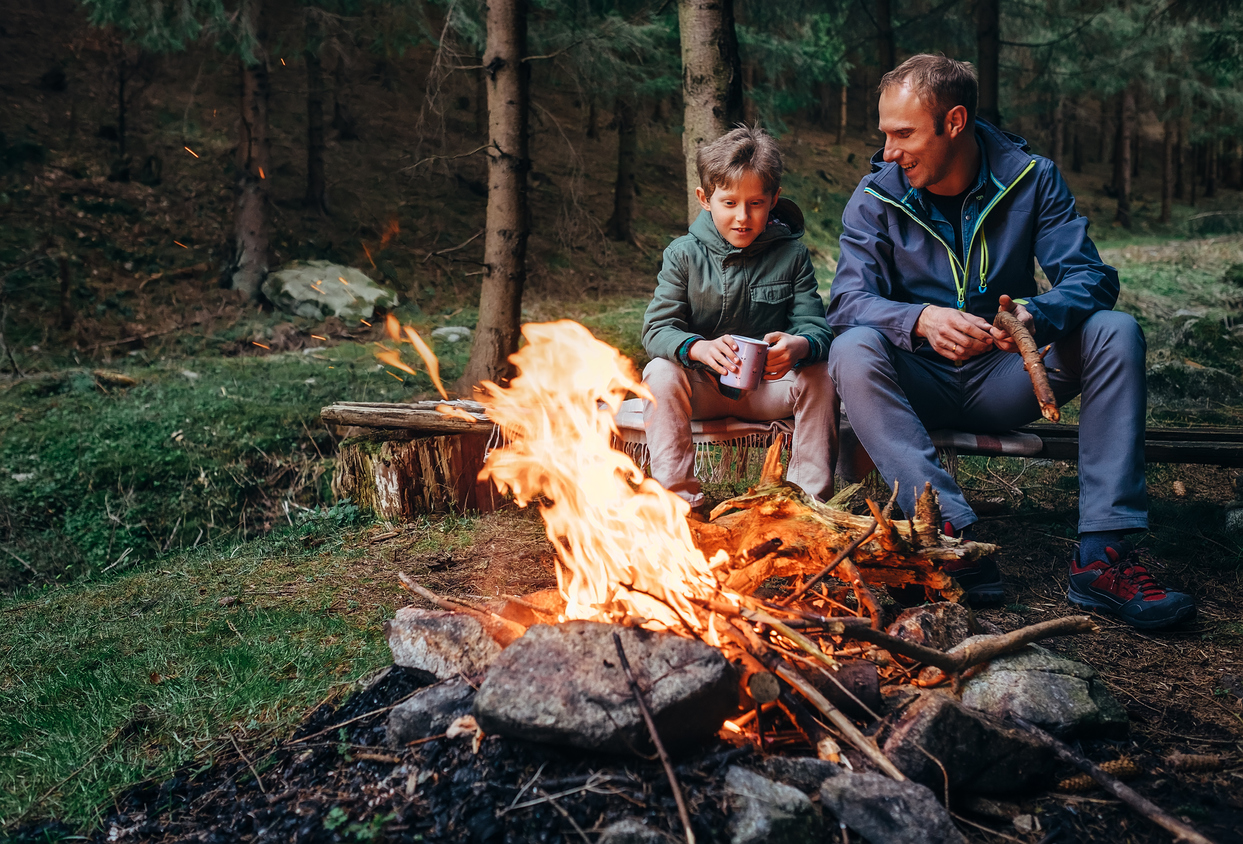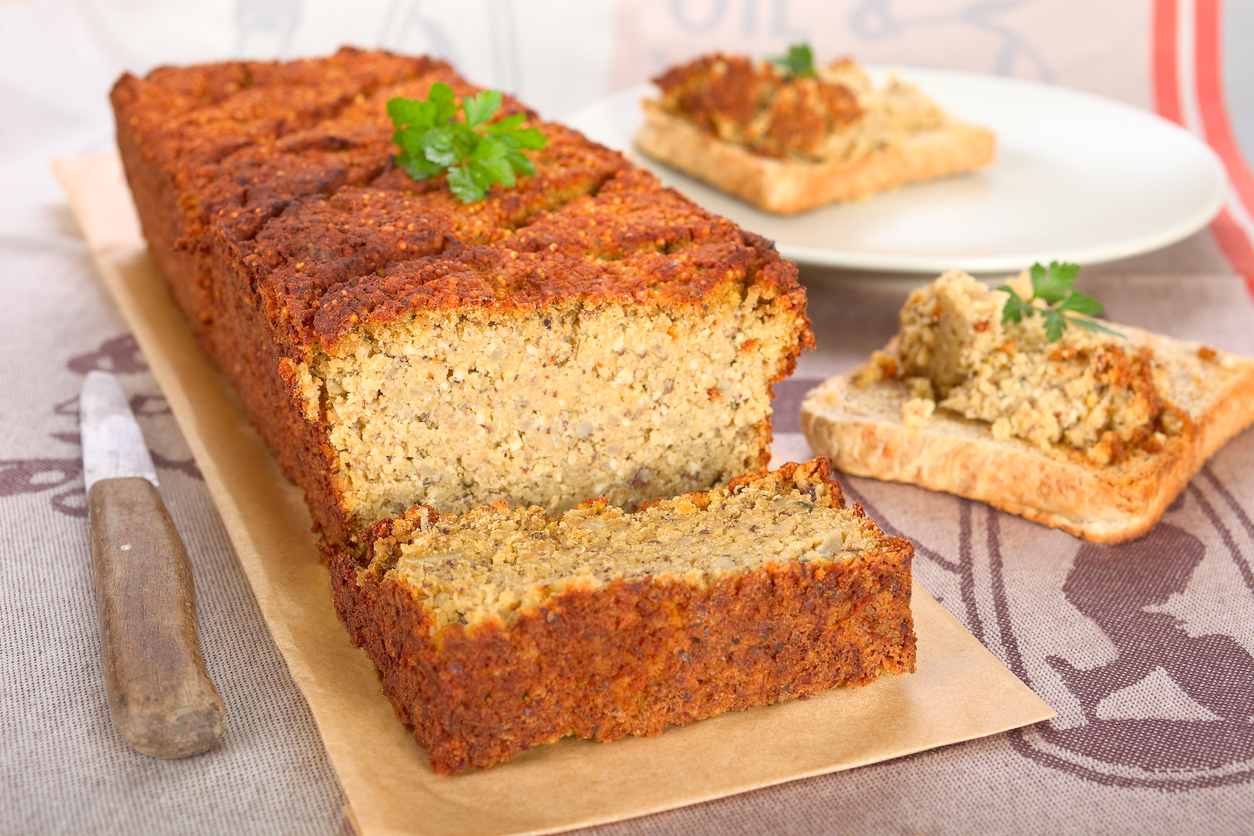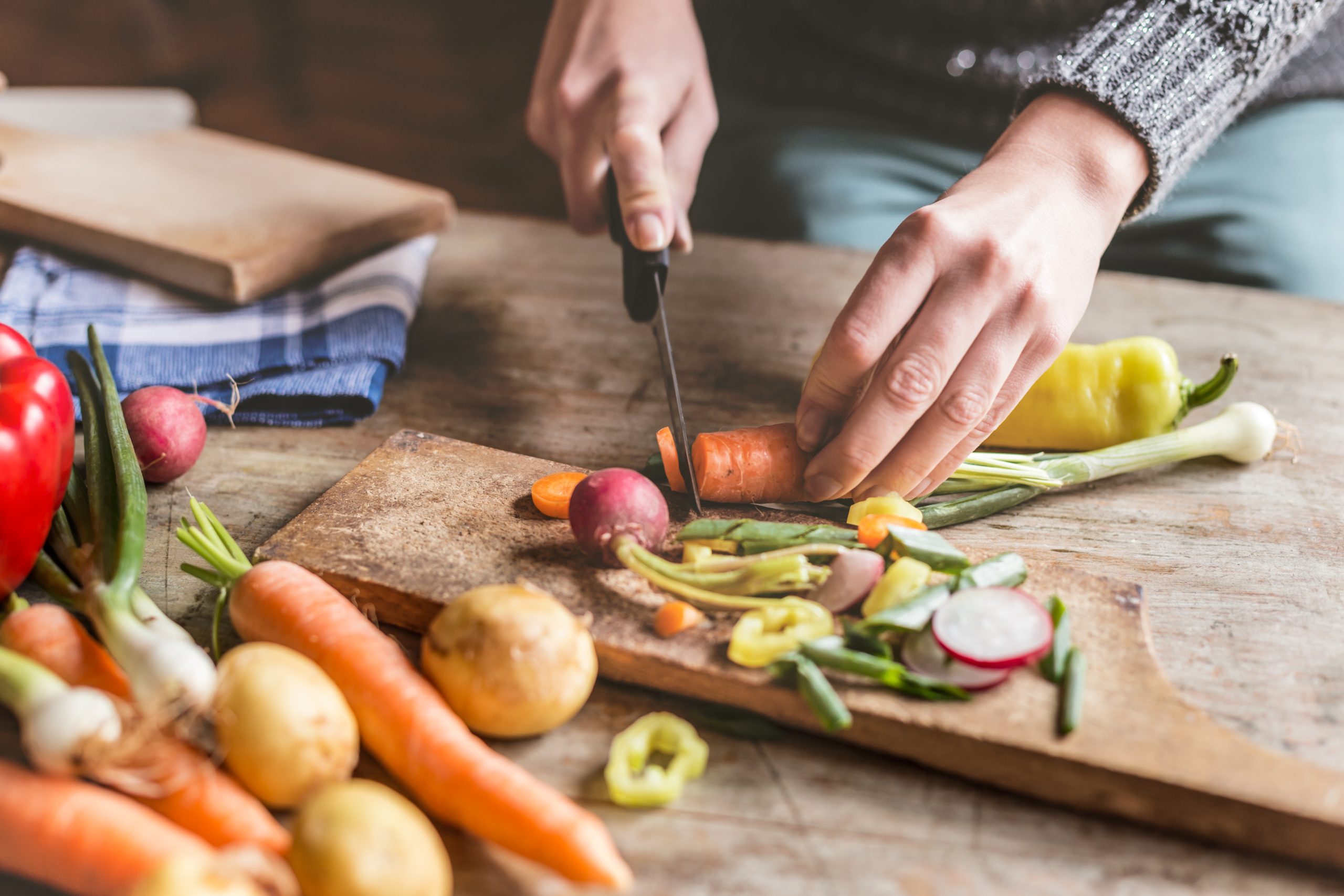
Vegetable Stock 101
Making your own stock adds so much richness and depth to a soup and is a great way to minimize waste and cook ‘nose-to-tail’ whether you eat animals or not. The key is to keep a container or bag in the freezer and add the parts of plants we normally compost like celery leaves and carrot ends. For those consuming animal proteins, buy whole chickens rather than pieces and save the bones after cooking, then reduce the amount of vegetables in the recipe below and add the bones with the water.
Once you’ve made the stock, fill it with your favourite soup ingredients, like fresh spring vegetables, cooked legumes and whole grains.
Makes about 2 Litres
1 Tbsp olive oil
4- 6 cups vegetable ends or peels from celery, carrot, leeks, scallions, garlic, fennel, chard, lettuce, potatoes, parsnips, green beans, squash, bell peppers, eggplant, mushrooms, and asparagus, corn cobs, winter squash, beet greens, and herbs like parsley and cilantro (*be mindful of onion skins and beet peels as they will colour the stock and cruciferous veg like cauliflower, sprouts, cabbage, broccoli and turnip that are too strong)
OR use 1 chopped onion and any of the above vegetables
12 cups water
2 bay leaves
2 tsp salt
Optional ingredients: using a reusable tea-style infuser, fill with spices like allspice, coriander seed, peppercorns and perhaps star anise if you’re going to make pho.
In a large pot, heat oil on medium low heat. Add vegetables and stir occasionally for 5-10 minutes until softening and golden. Add bones if using. Top with water, generously covering all of the vegetables (and bones). Add the bay leaves, salt and other spices. Turn up heat to bring to a boil then lower to simmer for at least an hour. Drain solids. Use immediately or cool and refrigerate for up to 3 days or freeze for up to 6 months.
Recipe by Nicole Fetterly, RD
